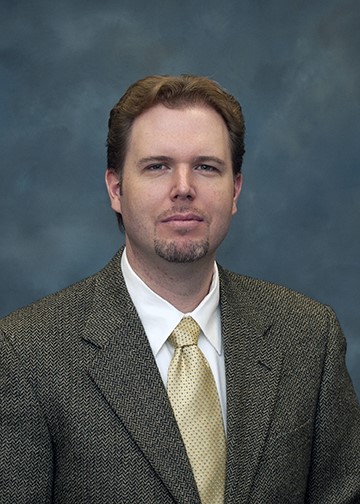50 – 250 GHz Power Amplifier MMICs – Design, Status, and Opportunities using a 250-nm InP HBT Technology
IEEE North Jersey Section Coposnsors Webinary by MTT Society
This talk will review the development of high power solid-state power amplifiers operating between 50-250 GHz using the 250-nm InP HBT technology.
Virtual Meeting: Participants can join from anywhere.
Meeting Link: Click the link below.
CLICK HERE FOR REGISTRATION: Register now
Title: 50 – 250 GHz Power Amplifier MMICs – Design, Status, and Opportunities using a 250-nm InP HBT Technology
Date: Tuesday, October 27, 2020
Time: 12:00 PM Eastern Daylight Time
Duration: 1 hour
Date and Time
Location
Hosts
Registration
-
 Add Event to Calendar
Add Event to Calendar
- Global Access-Facebook Live Video Presenation
- North Jersey, New Jersey
- United States
- Building: Remote-Anywhere
- Contact Event Hosts
-
Ajay Poddar (akpoddar@ieee.org), Durga Misra (dmisra@njit.edu), Edip Niver (edip.niver@njit.edu), Anisha Apte (anisha_apte@ieee.org)
- Co-sponsored by North Jersey MTT/AP & ED/CAS Chapters
Speakers
 Dr. Zach Griffith
Dr. Zach Griffith
50 – 250 GHz Power Amplifier MMICs – Design, Status, and Opportunities using a 250-nm InP HBT Technology
The superior electron transport properties associated with InP-based transistors significantly exceeds those of its SiGe HBT, CMOS, and GaN counterparts. Since 2000, the transistor and MMIC community has witnessed the bandwidths of InP HBTs and HEMTs skyrocket past 100-GHz to where they now exceed 1-THz operation. With this rapid increase in bandwidth, amplifiers and MMICs have been demonstrated operating at G-band, sub-millimeter wave (>300-GHz), and THz frequencies where a world-class suite of results has been generated and are well known to the high-frequency community. However, only recently have these THz devices been used for amplifier and MMIC development at lower V-, W-, and D-band frequencies, where state-of-the-art performance has been demonstrated as well. This InP-transistor technology advancement is very different than what has transpired for SiGe HBT, CMOS, and GaN – instead, these technologies have incrementally increased their bandwidths, and in doing so, so has the operating frequency of circuits employing such devices – this is a key reason why InP is overshadowed by these other technologies when amplifiers and MMICs operating at mm-Wave are discussed and reviewed. This talk will review the development of high power solid-state power amplifiers operating between 50-250 GHz using the 250-nm InP HBT technology.
Biography:
Dr. Zach Griffith is a Principle Engineer in the area of mm-wave and RF MMIC design with the Teledyne Scientific Company. In 2005 he received the Ph.D. in electrical engineering from UC Santa Barbara related to his work demonstrating record bandwidth InP HBT transistors. Since joining Teledyne in 2008, his efforts transitioned to InP HBT and HEMT MMIC design – design accomplishments include high-linearity mm-wave op-amps, broadband SPDT switches, traveling wave amplifiers, full waveguide band power amplifiers at V-, W-, and D-band, and G-band power amplifiers with record RF power. His current focus is on the continued development of 50-250 GHz PA’s and their commercial product transition. For 18 years Dr. Griffith has participated in the demonstration of InP HBT transistors and integrated circuits with record performance. He is a Senior Member of IEEE, has authored over 140 publications, and holds six patents associated with this work.
Dr. Zach Griffith
Principle Engineer, mm-Wave/RF MMIC Design
Address:United States, 27695-7911
Agenda
50 – 250 GHz Power Amplifier MMICs- Design, Status, and Opportunities using a 250-nm InP HBT Technology
CLICK HERE FOR REGISTRATION: (Register now)
MTT-S Talk

